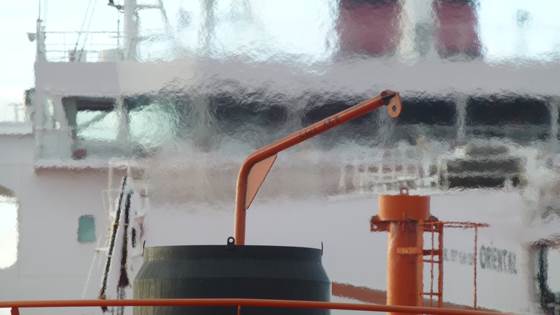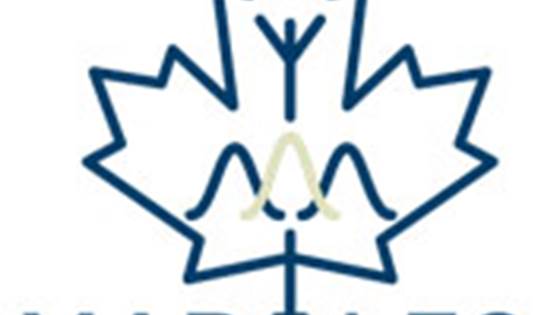
Transport and Installation of Floating Offshore Wind Turbines (TOWIN JIP): Phase 1 - Towing
Phase 1 aims to cut FOWT towing costs by reducing conservatism through better knowledge, validated methods, and a guideline for safe, efficient operations.

Phase 1 aims to cut FOWT towing costs by reducing conservatism through better knowledge, validated methods, and a guideline for safe, efficient operations.

The project will develop a sustainable value chain for Norwegian skate, a by-catch and underutilised marine resource, by turning it into high-value ingredients for nutraceuticals, food and pet food.

The project will develop a calculation model for the mass flow of sludge from feeding to on-site storage – for open marine fish farms. Proposals for uniform terminology will also be developed.

The ReCirc4Future project will explore novel exploitation of the side streams crude glycerol, urea fatty fraction and spent bleaching earth, that arise from omega-3 production.

The VOCSimPRO project aims to modernize and expand SINTEF’s simulation tool VOCSim. By implementing it in a modern programming language and developing new methods for calibration and uncertainty analysis, VOCSimPRO will enable emission analysis...

The goal is to analyse different areas of use for fish sludge, & provide a scientific decision support for identifying the most promising value chain from a resource & environment perspective.

How can we reduce food waste and at the same time preserve the quality of Norwegian fruit and vegetables? This is the question that researchers at SINTEF Ocean want to answer this project.

The ReSEAlience project, titled "Unlocking the Potential of Seaweeds and Halophytes through Biorefinery for Enhanced Resilience in the Aquaculture, Agri-Food, and Chemical Industries," seeks to revolutionize marine biomass use by developing a...

Model and reduce the uncertainties in lifetime prediction of marine risers based on targeted probability levels using probablistic and multi-fidelity modelling relying on measurement data.